What is ERP for small business?
In Enterprise Resource Planning(ERP), the phrase small business ERP is used to describe a lightweight business management software . This software is designed to meet the needs of a small business.
Therefore ERP software integrates all facets of an operation, including development, manufacturing, sales, and marketing. Small business ERP is typically a SaaS (software as a service) model . It includes project management, financials, manufacturing, warehouse management, accounting, sales, and business management.
So ERP software is considered an enterprise application and designed for larger enterprises that require dedicated teams to customize, analyze the data and reports and handle upgrades and deployment. Small business ERP applications differ in several ways including the amount of data handled by system and dashboards. Support is offered by the provider and the software is customized for the business industry people work in.
What are the Trends in ERP Software for Small Business?
-
Social media integration: Many ERP software providers are adding social media applications in their packages. Internal applications are being created to improve employee interaction along with integrations between ERP solutions and external social media platforms.
-
Software as a service (SaaS) : The interest in web-based ERP software is increased because the type is cost-effective. And also easier to implement than on-premise options. SaaS operates through a Web browser that eliminates the need for full-time IT employees. And to monitor and maintain servers and equipment.
-
Mobile Application : ERP software providers are developing mobile interfaces that will enable users to get a real-time view of business operations with remote access from their smartphones and other mobile devices.
Benefits of ERP for Small Business?
Following are the benefits of ERP for Small Business:
-
Integrated Information: No more issues with data spread across separate databases, so all information will be housed in a single location. This means you can integrate platforms like your CRM software with the ERP system, keeping data consistent, accurate, and unique. Know your customers, their orders, and your inventory, all in one place.
-
Improved Decision-Making: Finally, when data is easily available and consistently updated, management can make the best decisions for the growth of the company. They can also enjoy having a better overall “big picture” idea of how the business is operating. Therefore is vital when it comes to responding to changes and improving overall financial planning of the business.
-
Maintain control & and reduce operating costs: Increase in the volume of business transactions and rigorous use of spreadsheets may lead to a lack of control over the data and to the operating state of collapse. Keying data on spreadsheets can also lead to errors, leakage of confidential information and unnecessary chaos.
-
Cost Saving: With one source of accurate, real-time information, ERP software reduces administrative and operations costs. It allows manufacturers to proactively manage operations, prevent disruptions and delays, and helps users make decisions quickly. If the right solutionis chosen for business, and right vendor, then bound to see a powerful ROI.
What are the needed features of ERP for Small Business?
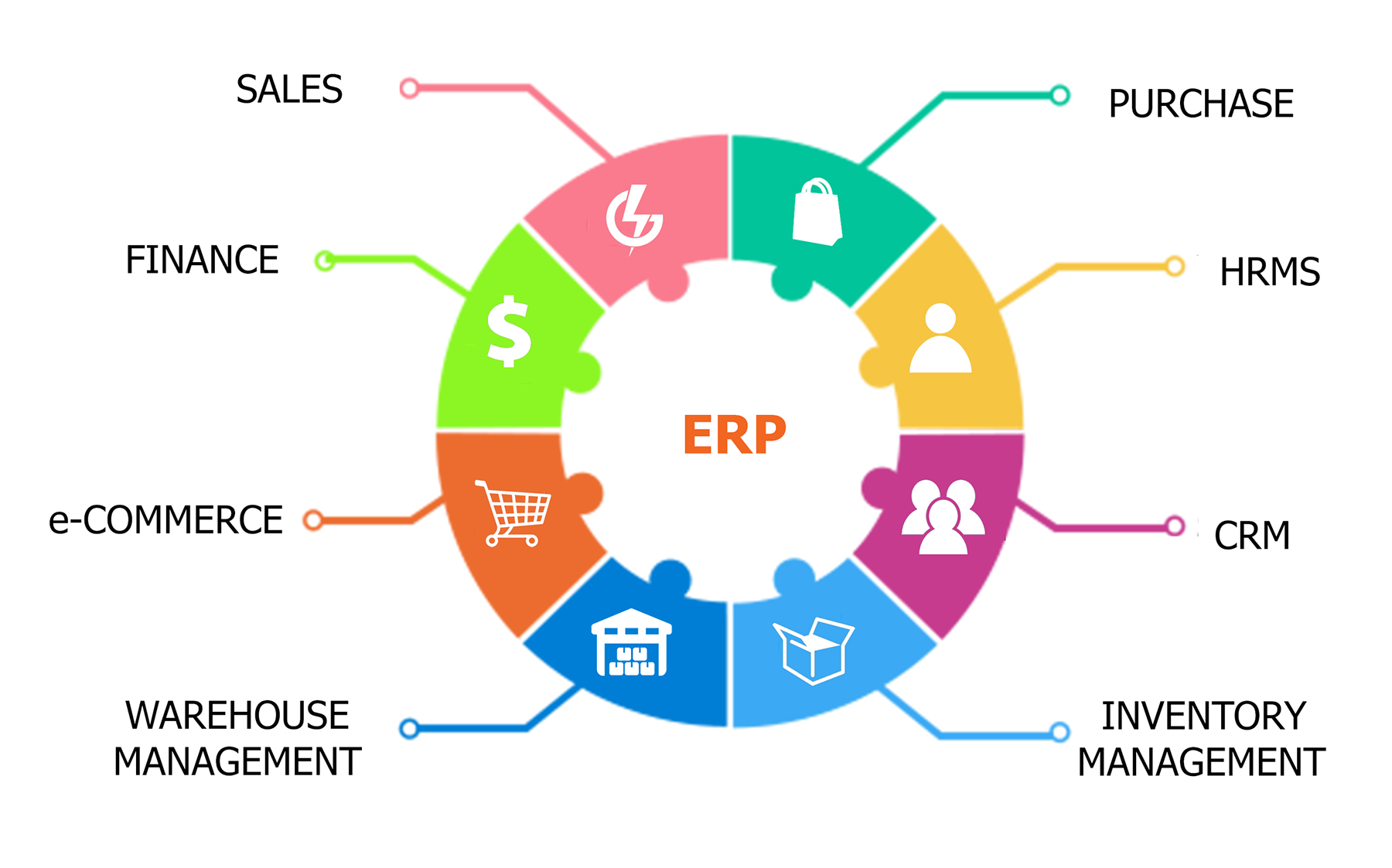
-
Customer Relationship Management: Helps businesses increase customer satisfaction and revenue by managing interactions with leads, customers, and clients, tracks departmental operations.
-
Supply Chain Management: Tracks goods as they move through the supply chain and includes applications such as supply chain planning, supplier management, and warehouse management.
-
Inventory Management: Helps small businesses track information on product supply, with the sole purpose of maintaining adequate stock to avoid unnecessary spending.
-
Business Intelligence: Enables businesses to analyze and report pertinent data to help with decision making.

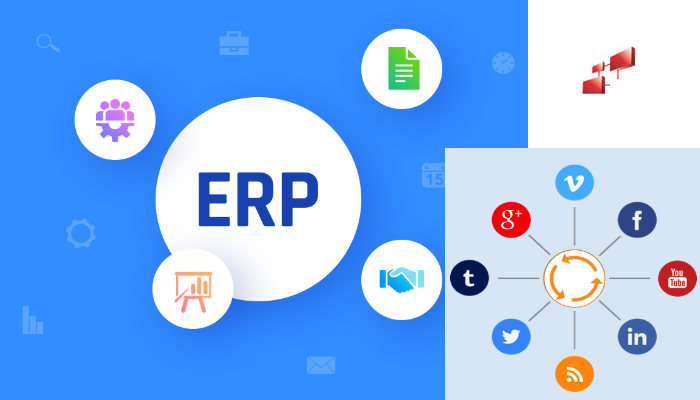
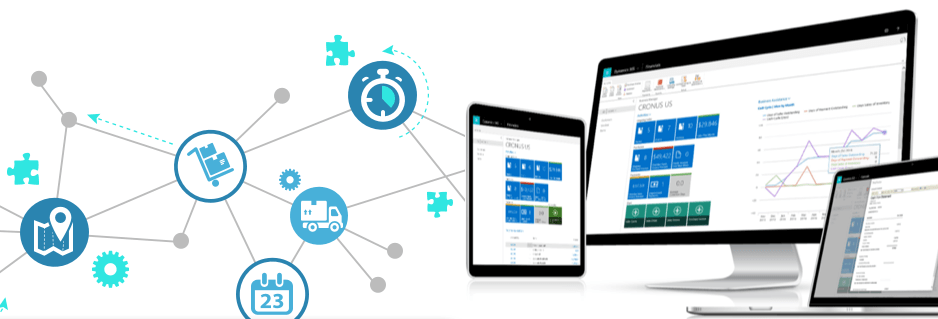


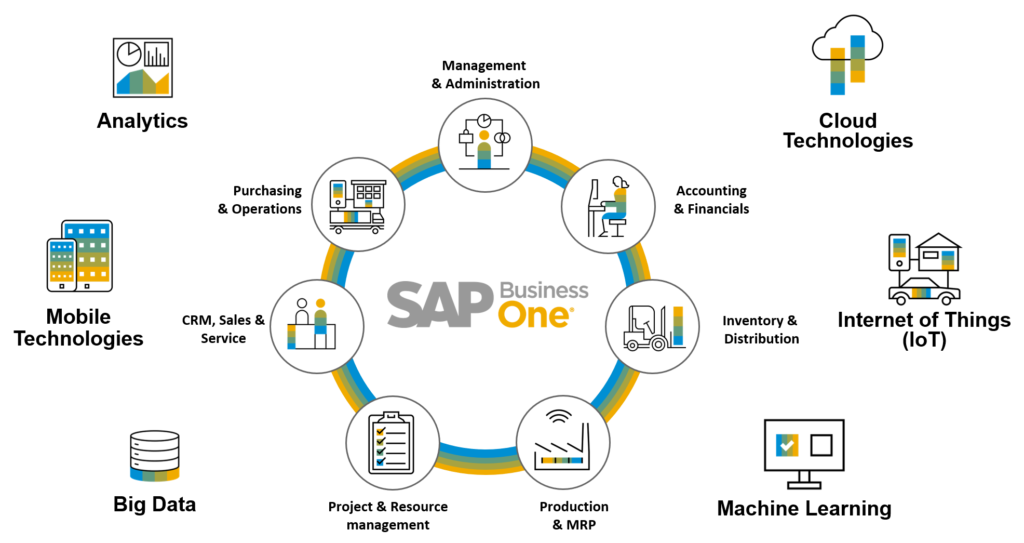

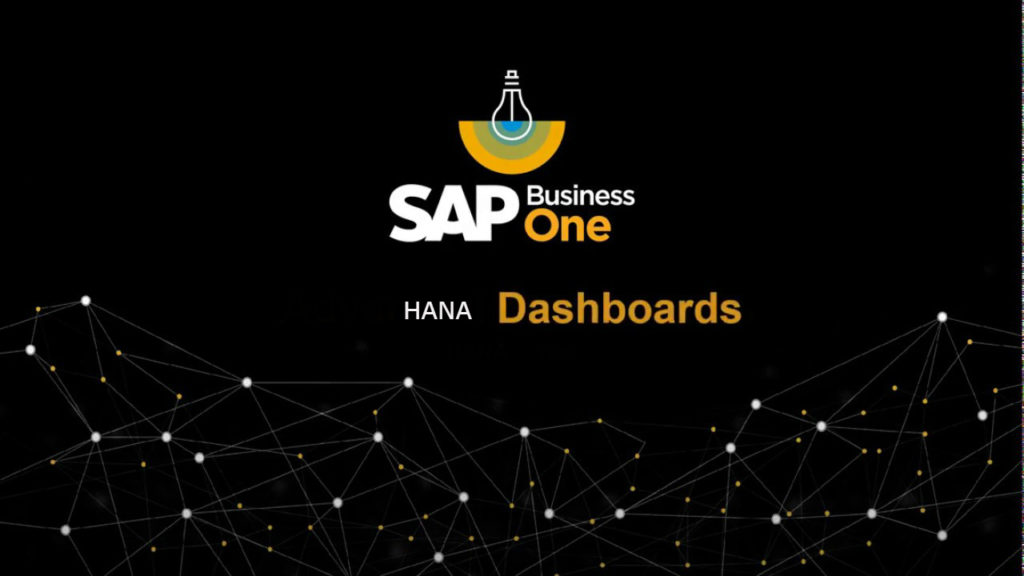
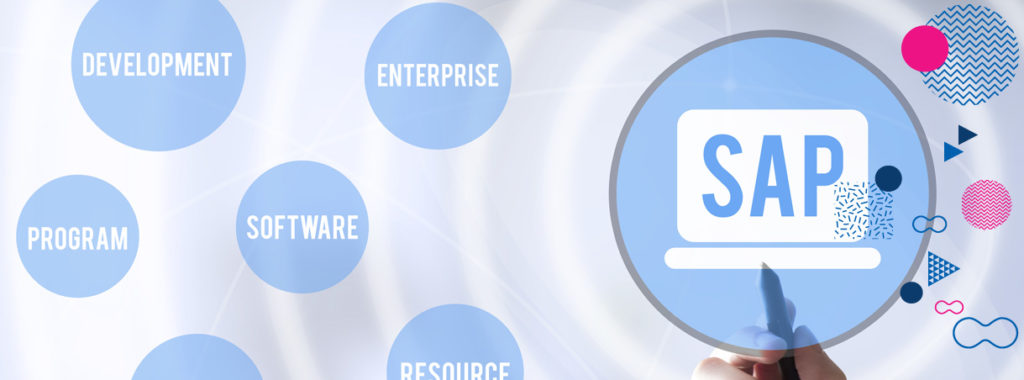


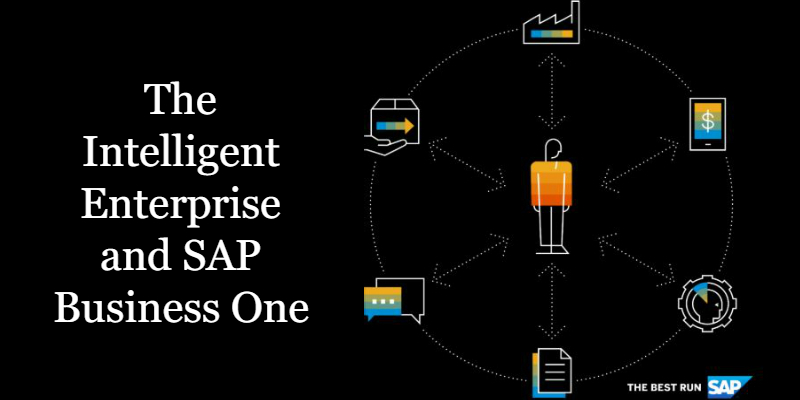

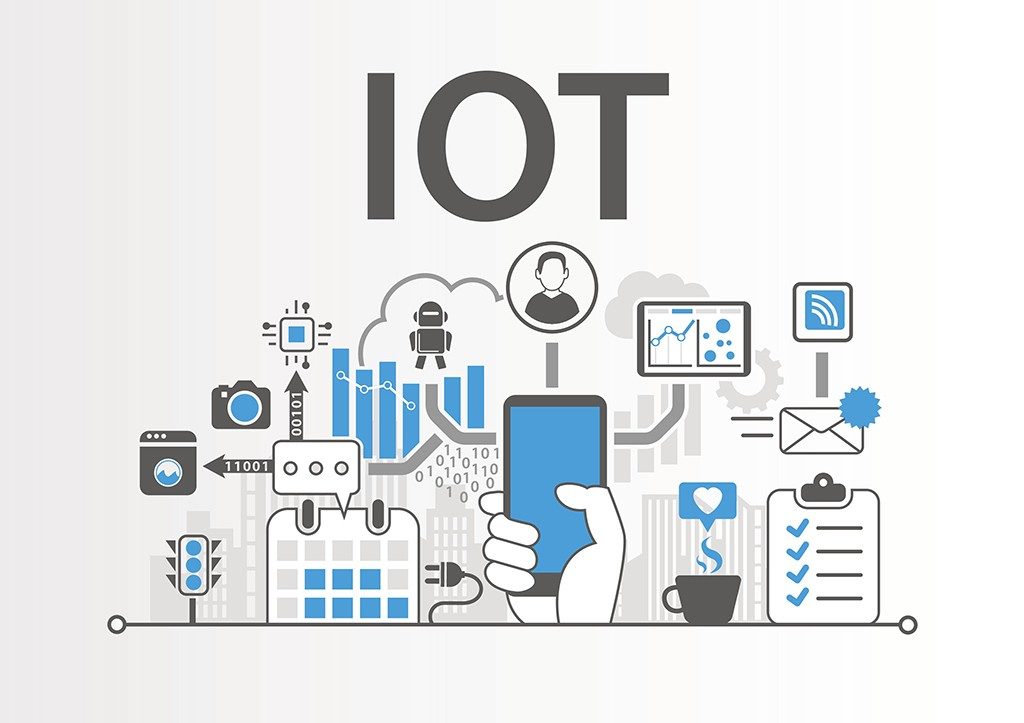
One thought on “Best ERP for small business | Erp Software”